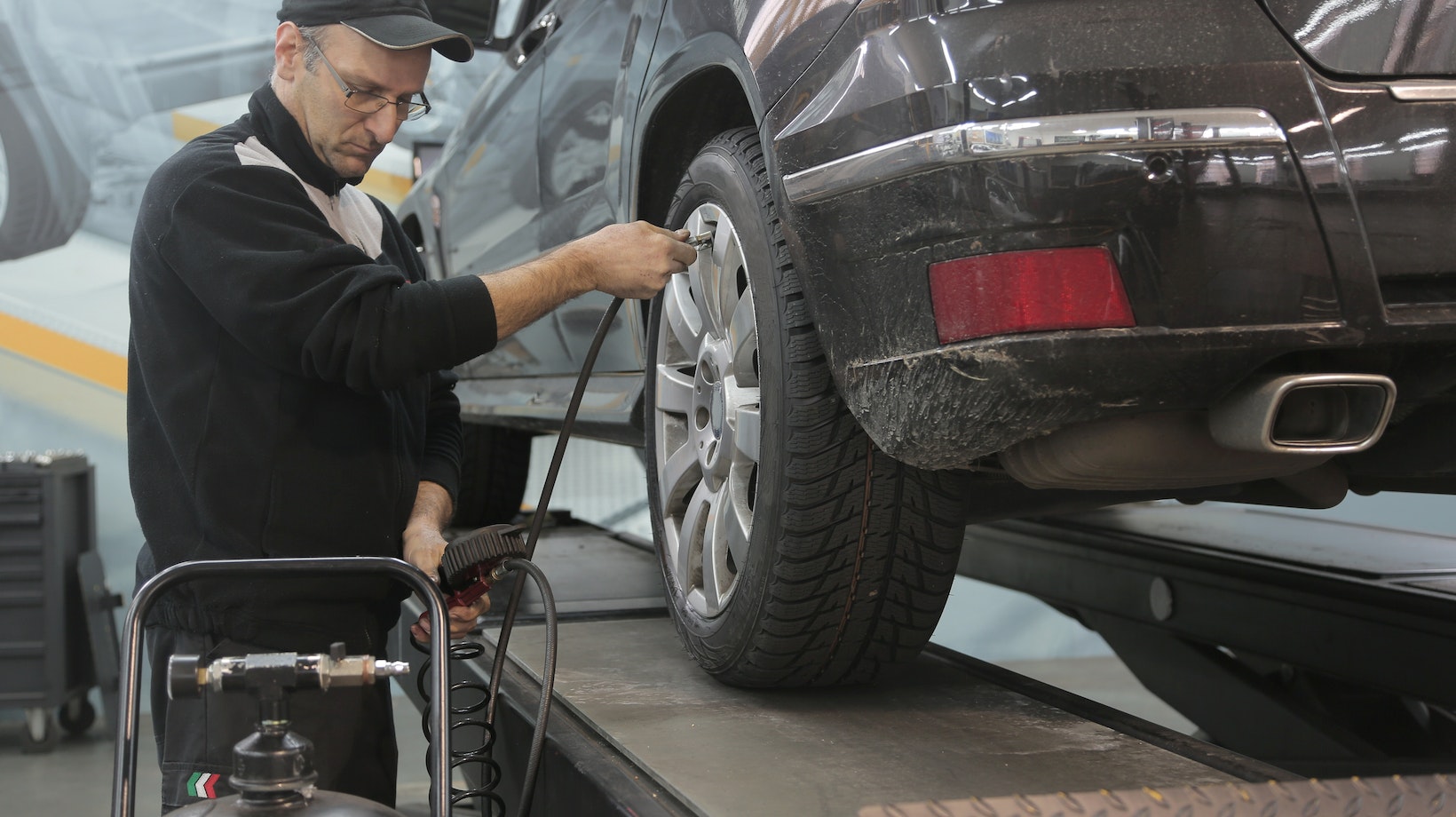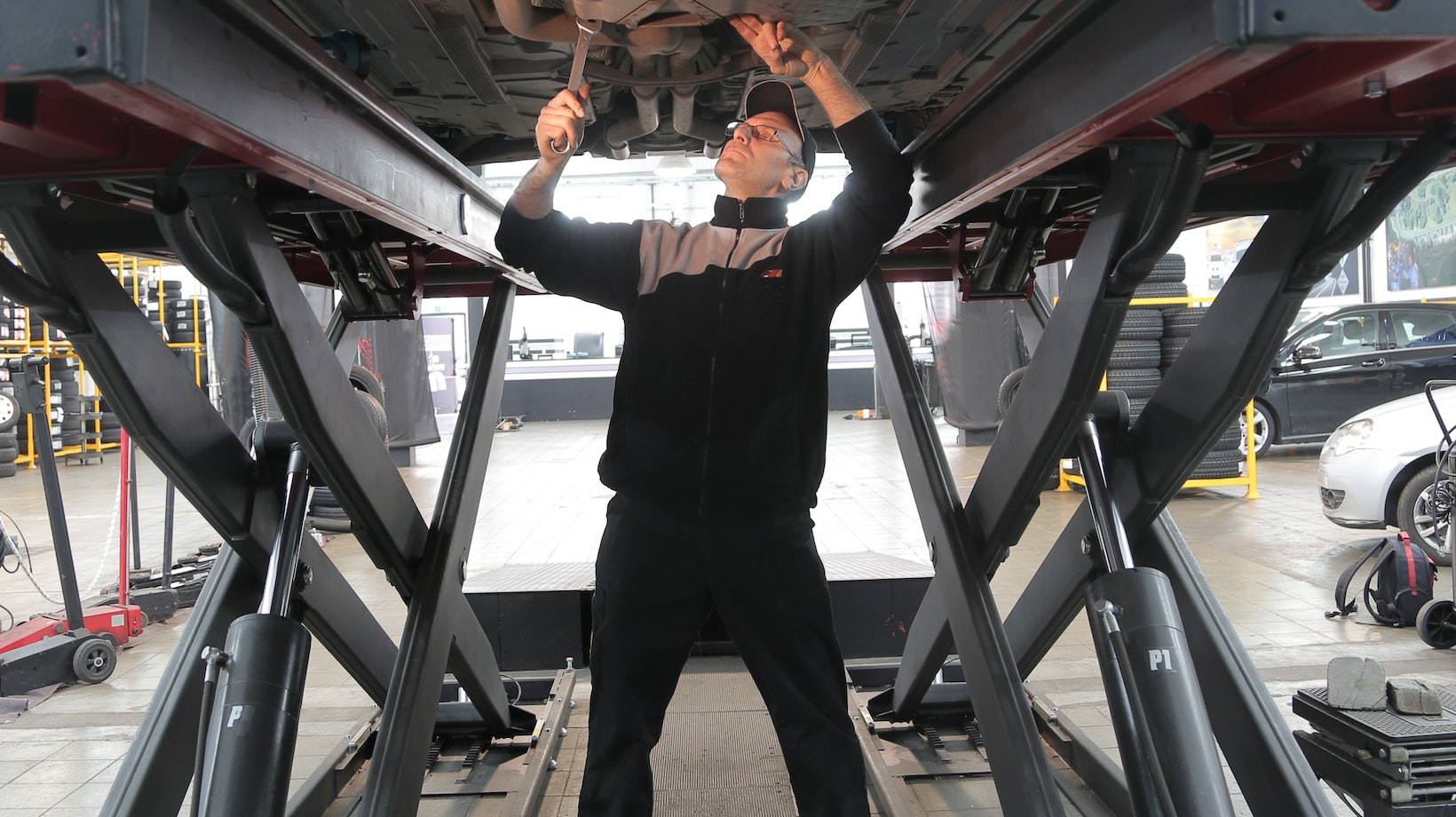
Dealing with a car gas leak can be quite concerning, not to mention the potential impact it can have on your wallet. When faced with this issue, one of the first things that may come to mind is how much it will cost to repair. Understanding the factors involved in determining the car gas leak repair cost can help you prepare for any unexpected expenses.
The cost of repairing a car gas leak can vary depending on several factors. Firstly, the severity and location of the leak play a significant role in determining the overall cost. A minor leak that requires a simple fix may be relatively inexpensive, while a major leak that necessitates extensive repairs or even part replacements could significantly increase the expense.
Car Gas Leak Repair Cost
When it comes to car gas leaks, there are several common causes that can contribute to the need for repair. Understanding these causes can help shed light on why the cost of repairing a car gas leak may vary. Here are some key factors to consider:
- Worn or damaged fuel lines: Over time, fuel lines can deteriorate due to exposure to various elements, such as heat and chemicals. This wear and tear can lead to leaks and require repairs.
- Faulty fuel injectors: Fuel injectors play a crucial role in delivering the right amount of fuel into the engine. If they become clogged or malfunctioning, they can cause gas leaks.
- Loose or damaged gas caps: Sometimes, a simple issue like a loose or damaged gas cap can result in a gas leak. It’s important to ensure that the gas cap is securely fastened after refueling.
- Cracked or damaged fuel tank: Accidents or prolonged exposure to harsh conditions can lead to cracks or damage in the fuel tank, resulting in leaks.
By identifying the specific cause of your car’s gas leak, you’ll have a better understanding of what repairs might be necessary and how they will impact your overall cost.

Signs and Symptoms of a Car Gas Leak
Recognizing the signs and symptoms of a car gas leak is essential for addressing the issue promptly. Here are some indicators that you may have a gas leak:
- Strong odor of gasoline: One telltale sign is an overpowering smell of gasoline both inside and outside your vehicle.
- Decreased fuel efficiency: If you notice that your car’s mileage has significantly decreased without any apparent reason, it could be due to an underlying gas leak.
- Visible puddles under the vehicle: Gasoline leaks often leave behind noticeable puddles underneath your car, especially near the fuel tank or along the fuel lines.
- Engine performance issues: A gas leak can affect your engine’s performance, causing it to misfire, hesitate, or stall.
Being aware of these signs can help you identify a potential gas leak early on and prevent further damage. Remember that addressing the issue promptly may help minimize repair costs.
When it comes to car gas leaks, early detection is crucial in order to prevent potential hazards and costly repairs. If you suspect a gas leak in your car, keep an eye out for these common signs:
- Strange Odor: One of the most noticeable indicators of a gas leak is a strong smell of gasoline around your vehicle. If you catch a whiff of fuel even when your car is parked or idling, it could be a sign of a leak.
- Reduced Fuel Efficiency: A sudden decrease in your car’s fuel efficiency can also be an indication of a gas leak. If you find yourself needing to refuel more frequently than usual, it’s worth investigating the possibility of a leak.
- Hissing Sound: Another telltale sign is the sound of hissing coming from the vicinity of your fuel tank or fuel lines. This could mean that there’s a crack or opening where gasoline is escaping.
- Visible Fuel Drips: Check underneath your car for any visible signs of fuel dripping onto the ground. Even small drips can be indicative of a leakage problem.
- Stains or Wetness: Keep an eye out for stains or wetness around the fuel filler neck or near the fuel pump module area. These moisture spots may signal a leaking connection or damaged seal.
If you notice any combination of these signs, it’s important to address them promptly to avoid further damage and ensure your safety on the road.
Remember, attempting DIY repairs on complex automotive systems like this can be dangerous if you’re not experienced with it; therefore, I highly recommend seeking professional assistance from certified mechanics who specialize in dealing with car gas leaks.






































